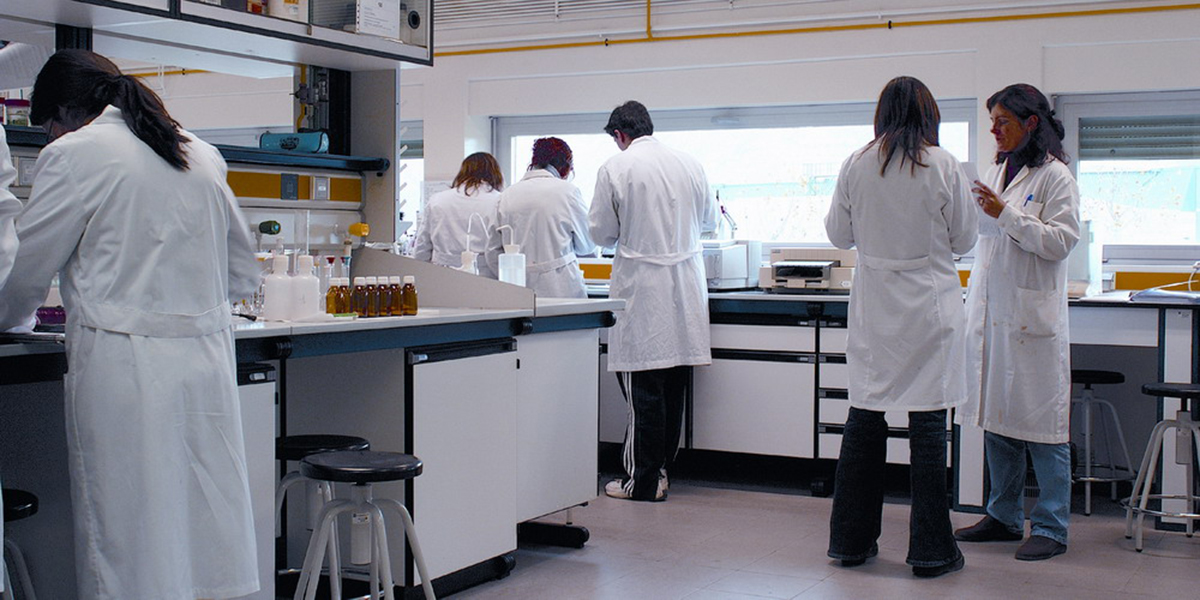Table of Contents
The quest of a scientist
The search of truth is the foundation of the professional development of a researcher, either on matters of galaxies, stars, new planets and physical forces, or matters of the human body and diseases. Unfortunately, on the road for the search of truth, some researchers may feel tempted to follow another path, which ends in scientific misconduct. Yes, it sound contradictory, but this is mainly what has been going on since the beginnings of scientific research.

A case of scientific fraud
Just a few months back, a research group working at the RIKEN Center for Developmental Biology, based in Japan, published the results of years of experiments that seemed to be ground-breaking: they were able to turn mature cells into stem cells by using a very simple chemical procedure.
Some of you may not be aware of stem cell research, but it is a big deal.
The problem with stem cells is that they have to be obtained from human embryos and this is a very difficult issue to address, ethically and technically speaking. One of the alternatives for this situation is to develop a technique that allows scientists to reverse the maturation process of a cell and convert already mature cells into stem cells. Mature cells would be easier to obtain and their use wouldn't cause as many ethical issues as stem cells work do. The impact of this would be huge of course, especially because stem cells could be used to treat diseases where cell death or lose of function is the main problem.
Scientists could eventually replace damaged cells with stem cells originated from mature ones.
Reproducibility issues
The research group published all their data in one of the most important, if not the most important, journal in Natural Sciences: Nature. The problem started when other groups tried to reproduce the same experiments in their own labs and did not succeed. Did this mean that the results were made up? That everything that was published in one of the top journals, was a lie?
See Also: New Scientific Statement: Link Between Gum Disease And Heart Attack Does Not Exist
These type of situations happen more often than you would imagine. You would wonder then, why would researcher fall into scientific misconduct? Wouldn't it mean to risk, not just years of work, but also your reputation and that of the whole research group? I believe that there is absolutely no valid reason that can excuse the modification or invention of experimental data, however, I can also think of many reasons why Dr. Obokata, the leader of the research team at the RIKEN Institute, and other many more researchers before her (because there are many reported cases of scientific fraud before this one), could commit scientific fraud.
- Photo courtesy of Urcomunicacion by Wikimedia Commons : en.wikipedia.org/wiki/Scientist#mediaviewer/File:InvestigadoresUR.JPG
- Photo courtesy of U.S. Army RDECOM by Flickr : www.flickr.com/photos/rdecom/7222825892
- www.sciencenews.org/article/little-acid-or-tight-squeeze-can-turn-cell-stemlike
- time.com/45541/stem-cell-scientist-guilty-of-falsifying-data/
- www.nature.com/news/stem-cell-scientist-found-guilty-of-misconduct-1.14974
- www.ascb.org/ascbpost/index.php/compass-points/item/170-publish-or-perish-and-the-plague-of-scientific-misconduct


Your thoughts on this